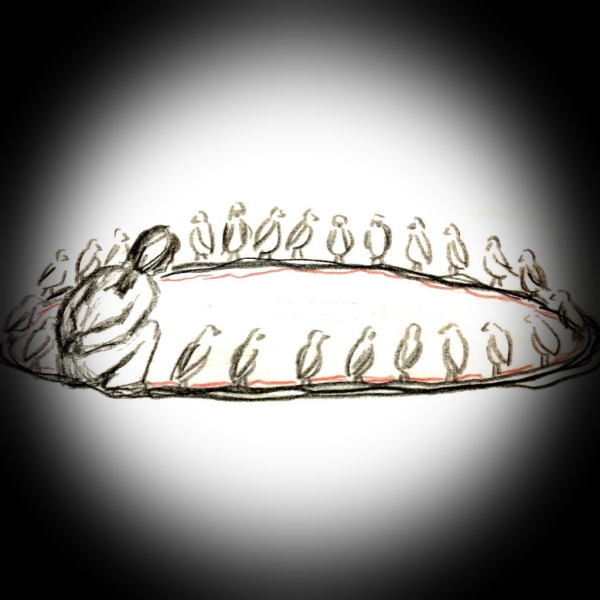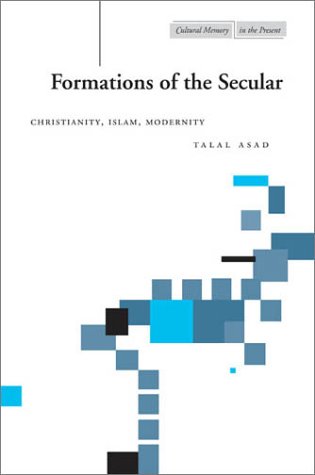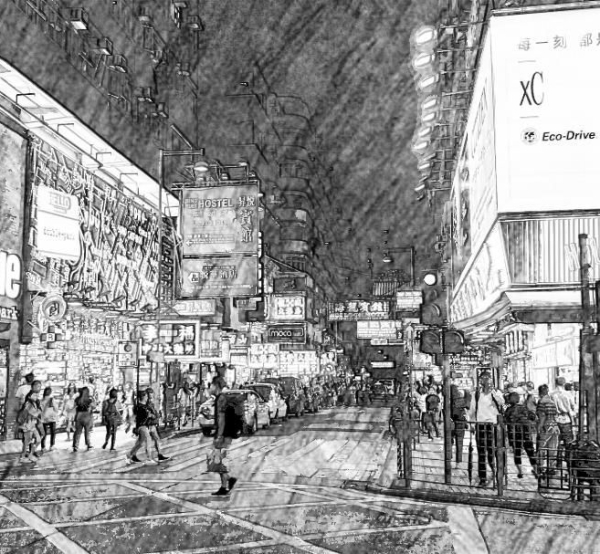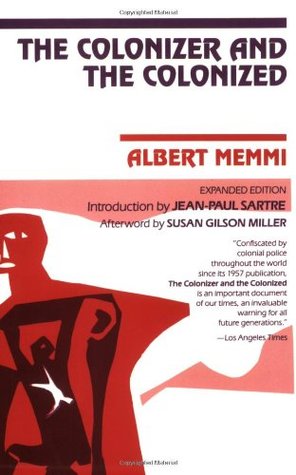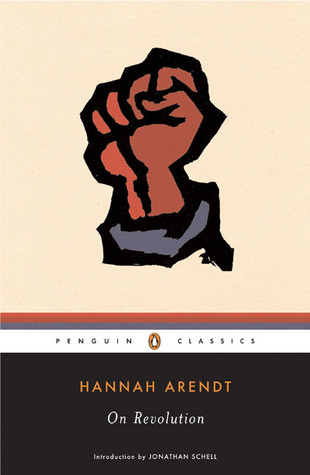Imagine a group of people gathered for no purpose... which would sound unusual because when you have a look at human history it is apparent that every gathering had a common purpose among the participants. People who gathered in army units, family dinners, worship places came together for the purpose of specific common goals and... Continue Reading →
Universalizing Grave Assumptions
Margaret Canovan believes that liberalism can be defended only by recognizing and drawing openly on its great myth. "For liberalism never has been an account of the world,” she writes, “but a project to be realized. The ‘nature’ of early liberalism, the ‘humanity’ of our own day, may be talked about as if they already... Continue Reading →
Formations of the Secular / Talal Asad
In this eye-opening book of Talal Asad, a genealogy of secularism and secular concepts are made. Asad first asks questions such as "what might an Anthropology of Secularism look like?". then digs deeper into concepts such as agency, pain, cruelty and torture. He digs into these concepts in a way that his words unearth the... Continue Reading →
The Modern Ego
One bizarre property of the modern ego is the reality that it deceives itself regarding the nature of knowledge. People think it is certain that the people of the past actually knew nothing. According to the opinion of such people, the people of the past simply complied with the wrong ideas of prophets and guides.... Continue Reading →
The Colonizer and the Colonized / Albert Memmi
"This fit of passion for the colonizer’s values would not be so suspect, however, if it did not involve such a negative side. The colonized does not seek merely to enrich himself with the colonizer’s virtues. In the name of What he hopes to become, he sets his mind on impoverishing himself, tearing himself away... Continue Reading →
Unmasking Hypocrisy
Hypocrisy is the vice through which corruption becomes manifest. And Hannah Arendt, In her book On Revolution, writes about her reflection of the topic by looking into the Latin word persona, which in its original meaning signified the mask ancient actors used to wear in a play. And the mask had two functions: "it had... Continue Reading →
On Revolution / Hannah Arendt
Hannah Arendt writes in her book On Revolution: Quite apart from the threat of total annihilation, which conceivably could be eliminated by new technical discoveries such as a ‘clean’ bomb or an antimissile missile, there are a few signs pointing in this direction. There is first the fact that the seeds of total war developed... Continue Reading →
Sufism, a solution to tolerance?
Kudsi Erguner writes in his book Journeys of a Sufi Musician, about the relationship of a person to their own nature. And I believe that his piece of writing is a great example of how the Sufi perspective could cleanse fundamentalism not only in Islam but in other religious as well, as it guides one... Continue Reading →
Identifying With Rootlessness?
Facing curses of modernity, it is probable that you have encountered people that have a binary way of labeling actions or events as something is either rational or irrational to do. And when you dig deeper into their criteria of what is irrational, you realize that the person thinks that he/she is emancipated by regarding... Continue Reading →
Thinking Without Expression?
In Lectures On Kant's Political Philosophy by Hannah Arendt, it is written: "Thinking, as Kant agreed with Plato, is the silent dialogue of myself with myself , and that thinking is a “solitary business” (as Hegel once remarked) is one of the few things on which all thinkers were agreed. Also, it is of course... Continue Reading →
